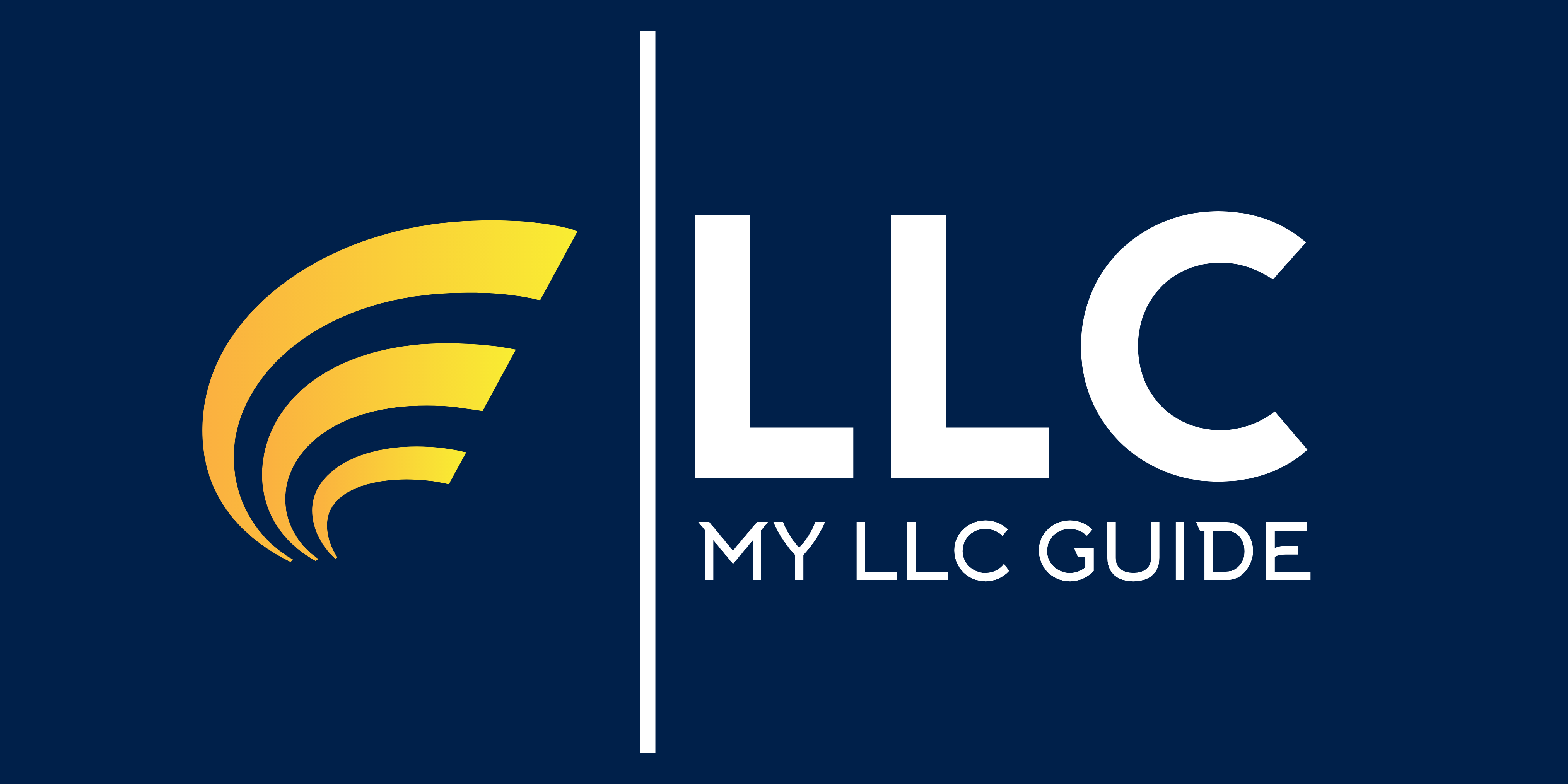Starting a small business is thrilling. However, there’s more than meets the eye. Beyond the initial excitement, there are significant hidden costs you need to be aware of. Below we discuss the Top 5 Hidden Costs of Starting a Small Business.

Are you about to start your own small business? Do you need some advice on the costs that often slip under the radar? Don’t worry. We’ve got your back. In this post, we cover the top hidden costs of launching your dream venture. Let’s take a look.
1: Stock & Supplies
If your business sells any type of physical product, you’ll have to stock up on inventory. This can be a major cost. And, is often the most significant cost of starting a small business. Whether you have to purchase raw materials or finished goods you’ll need to factor these costs into your business plan.

Then you have storage costs, warehousing, and supply chain logistics to consider. You’ll need to manage these areas efficiently to maintain profitability. You’ll need to strike a balance between maintaining adequate stock levels and avoiding unnecessary tying up of capital in excess stock.
An alternative to holding stock is to start a ‘Drop Shipping’ business. Drop shipping is a business model that operates without holding any products in stock. Instead, when the store sells a product, it purchases the item from a third party and has it shipped directly to the customer. A great way of keeping costs down.
2: Permits & Licenses
Then there are permits and licenses to consider. Most small businesses have to comply with various legal and regulatory requirements. It can be overwhelming at first to the uninitiated. And, licenses and permits usually include fees.

Then there are legal and professional fees. Many small businesses will hire an attorney or other professional to advise them on regulatory and legal requirements. This is another hidden cost of starting a small business that is often overlooked.
You’ll need to consider business registration fees, zoning permits, health and safety regulations, and compliance with labor laws. Failure to comply with these requirements can result in fines or legal issues. Something you definitely want to avoid.
3: Insurance
Insurance is another cost that is often overlooked when starting a small business. Almost all businesses will need some kind of insurance policy to operate. The type of coverage needed varies widely depending on the nature of your business

For example, most business owners will need to take out public liability and employer liability policies. Other types of insurance commonly required include property insurance and professional liability. Property insurance helps protect your physical assets such as stock inventory, equipment, and your office space from theft or fire.
Professional liability insurance is essential for businesses offering services or advice. It safeguards against potential claims of negligence or malpractice. Insurance costs fluctuate from one provider to the next, so shop around for a good deal before signing up.
4: Professional Services
Then there are professional services. And, many small businesses will need to hire a professional for sound advice. This can involve hiring an attorney, business advisor, tax advisor, or accountant. And, their fees can be significant.

Professional guidance is a critical investment for small businesses. It will help you navigate complex legal, financial, and strategic landscapes safely. While it seems like a large outlay of capital at the time, it can save you money, and headaches in the long run.
• Attorneys
Attorneys help with legal matters ranging from business formation and contract drafting to regulatory compliance, licenses, and permits. They ensure your business operates within the law and help mitigate legal risks.
• Business Advisors
Business advisors offer valuable strategic guidance. They can advise on business planning, marketing, and growth strategies.
• Tax Advisors
Tax advisors specialize in advising on tax-related issues. And, tax-related issues can be very complex. They help you maximize deductions, minimize liabilities, and maintain compliance with tax code.
• Accountants
Accountants help you manage your finances. They can take care of your bookkeeping, financial reporting, and tax returns. They ensure financial transparency and accuracy.
RELATED
5: Marketing & Advertising
Have you considered marketing and advertising? This is another of the top hidden costs of starting a small business. Marketing and advertising play a crucial role in getting a new business off the ground. They help you reach potential customers and build a strong brand.

You’ll need to consider investing time and money in strategies like market research, branding, and website development. These activities help you reach and connect with your target audience.
Marketing and advertising also involve ongoing costs for maintaining an online presence. These costs include fees for website maintenance, social media management, and advertising campaigns. And, online advertising can prove expensive. Failing to invest in these marketing strategies can seriously limit your growth. It’s one of the most worthy hidden costs of starting a small business.
